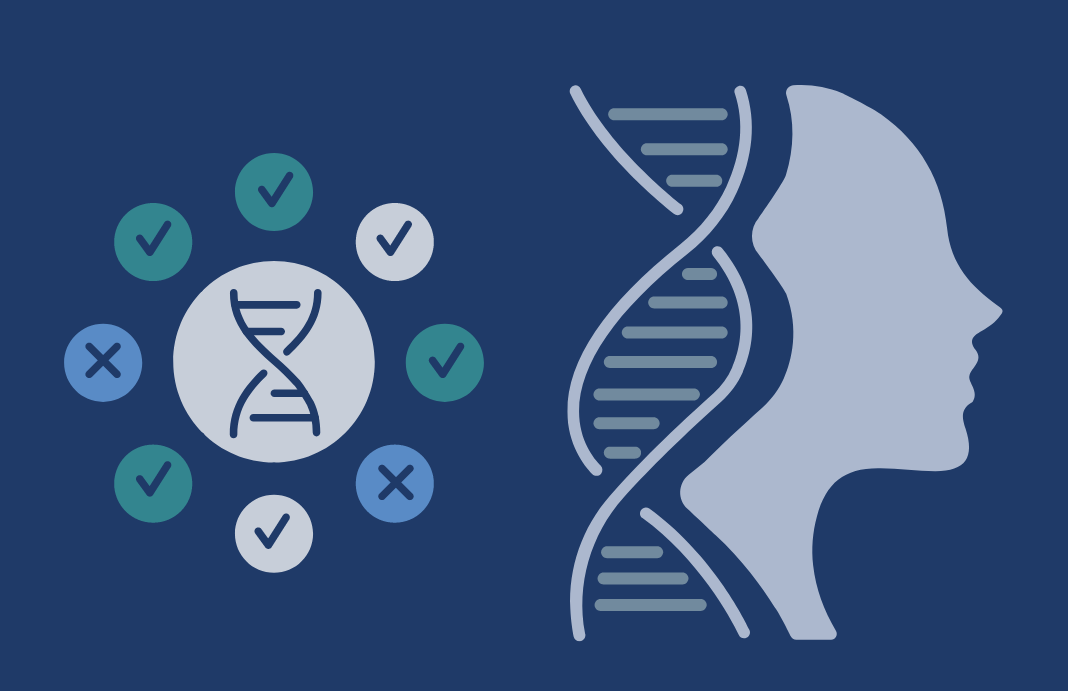Eugenics
Eugenics refers to beliefs and practices aimed at controlling reproduction in order to “improve” the characteristics of human populations. In the early 20th century, eugenic beliefs were intertwined with the developing science of genetics. These ideas were popular across the political spectrum in many countries, providing scientific cover for practices and policies targeting society’s most vulnerable communities. In the U.S., these included the forced sterilization of tens of thousands of people considered “unfit,” stringent immigration restrictions, and public policies that encouraged “fitter families” to produce more children. In Germany, the Nazis used similar concepts to justify their extermination of Jews, people with disabilities, homosexuals, and other groups. A century later, many social justice advocates and scholars are concerned that a new form of eugenics – guided by market dynamics and individual choice, rather than government policies – may emerge alongside new human genetic technologies.
Aggregated News
At the turn of the 20th century, U.S. scientists proposed the control of reproduction to advance society based on the...
Aggregated News
In late 2018, UC Berkeley bioethics professor Osagie K. Obasogie received a campus email about a research fund available to...










